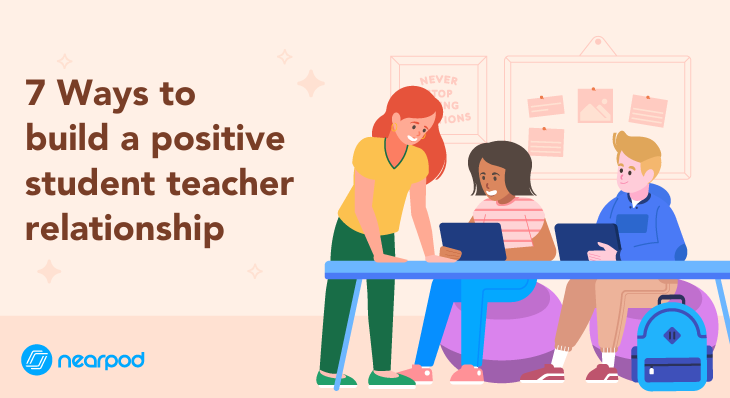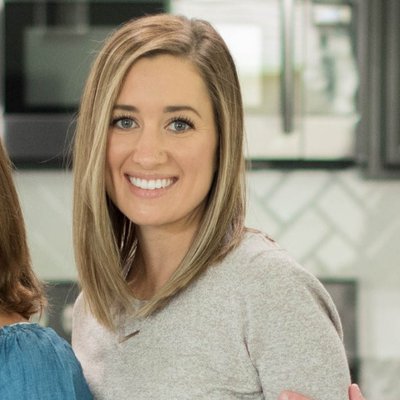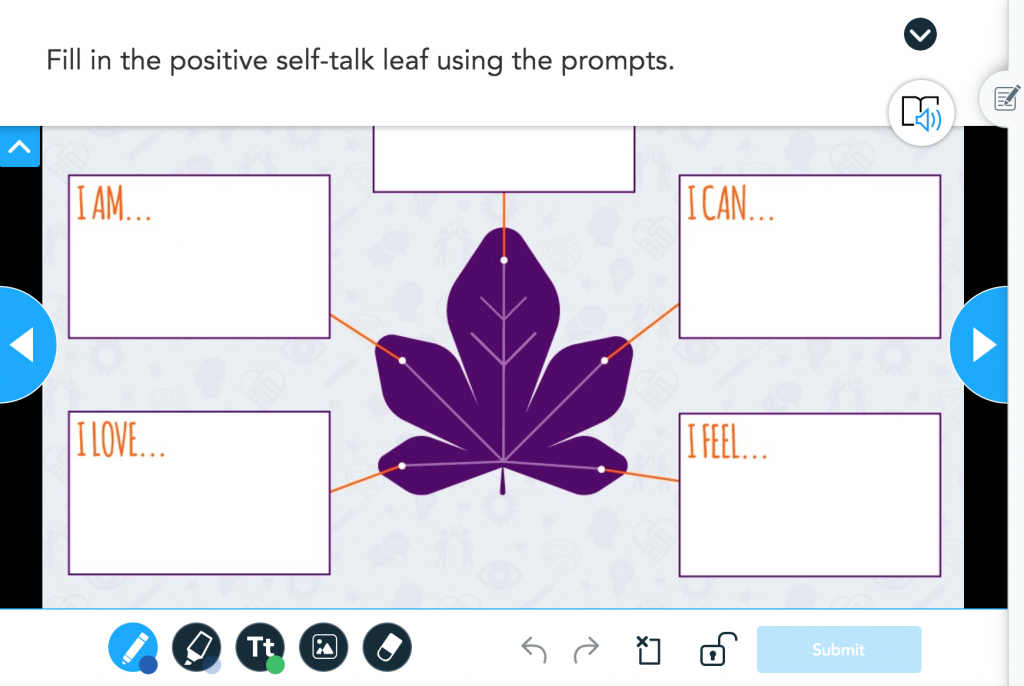
7 Ways to build a positive student teacher relationship
I distinctly remember my first year in the classroom. It was a few months after I graduated from college. All the best teaching methods, theories, and strategies to reach my students were still fresh on my mind. I made sure I implemented all my teaching practices in every lesson to make them the most effective and engaging. As the first quarter blew in and blew out, I felt this notable disconnect. This is when I realized the importance of having a positive student teacher relationship. While I certainly spent time getting to know my students in the first few weeks of school, I had to ask myself, “Do I really know them? Or do I just see them as ‘Trent in 1st period’?” Keep reading for tips I used to build stronger connections with my students.
Why does the teacher student relationship affect education?
As the teacher in your classroom, you have the capability to set the precedence with expectations. If you form a positive teacher student relationship and have high expectations, your classroom will follow suit and become a positive and supportive space with motivational learners. Teachers who support their students in their learning environment can positively impact their social and academic outcomes, which is important for the long-term trajectory of school and eventually employment.
The association between academic improvement and a positive teacher student relationship is students’ motivation and desire to learn. Students who perceive their relationship with their teacher as positive, warm, and close are motivated to be more engaged in school and to improve their academic achievement.
Nearpod Tip: Consider surveying your students to see their long-term goals. Provide students with a self-paced Nearpod activity designed for their unique career interests. Conference with them individually to assess their needs and support their ideas.
7 Ways to build a positive student teacher relationship
There isn’t a one-size-fits-all when it comes to building relationships with our students. Every student has a unique story. Therefore, every student deserves a unique relationship with you. Let’s look at how you can begin to build those unique relationships.
1. Say hello and goodbye every single day
This may seem like common sense, but it’s easy to forget how far a simple greeting can go for students. Make this a special part of the day. Consider making this unique for each student or class period with handshakes, dances, and gestures.
2. Call home for good behavior more often than bad
Set a goal aside every week to pick a handful of students, record their names in a notebook or digitally with a kind memo, and call home on Fridays to tell their parents It will take 10 minutes, but the impact is everlasting. Those students will come to school on Monday filled with contagious giddiness and gratitude!
3. Student letters and questionnaires
Allow students to complete a first day of class questionnaire to get to know them better. Read through the responses and save them to reference later. Surprise them with a sweet treat or spark a conversation about their interests! This will also help teachers better understand their students’ interests outside of academics, which is key to building meaningful relationships with them.
Build your own survey on Nearpod by including different types of activities and assessments into a lesson and assigning it to students. Use a Collaborate Board to have all students participate in a discussion together. You can also use Open-Ended Questions and Polls to dive deeper into questions. Additionally, Nearpod has premade icebreaker activities and surveys you can share with students.


4. Let students inside your world
Take students on a Virtual Reality (VR) Field Trip to anywhere in the world. One idea is to visit places you’ve been or where you’re from. Provide them with content about your culture and your interests. Who knows!? Maybe you have a few things in common!
5. Believe they will do great things
Give them content with high engagement and rigor and when they need your support, be there – genuinely and wholeheartedly believe they can do it. Use Nearpod Post-Session Reports to keep track of student progress. This is essential to maintaining a strong student teacher relationship.
6. Be authentic and have fun!
Students will LOVE to see the fun side of you and laugh with you. Make time for fun learning moments in your classroom that you and your students will truly enjoy.
You can teach with a Flocabulary lesson. Want to sing along? Dance? Do it! Also, Nearpod’s Time to Climb gamified learning activity is a student favorite. I’m sure it will be a lesson they won’t forget!
7. Listen and validate their feelings
Take moments to discuss their issues and emotions. Check in with their social and emotional wellness, frequently – who knows, you may be the only one that has. Prioritize social emotional learning activities and discussions when planning for class time. Share Nearpod’s SEL premade lessons and activities with students or use it as inspiration to create your own.
Positive teacher student relationship matter
Each of these suggestions can be small actions that create a tremendously large and effective bridge to bond your student relationships. Consider creating goals for yourself quarterly or weekly to ensure you are making a conscious effort to reach all your students.
When students feel their teacher is a caring person, then the classroom becomes a supportive and happier place for everyone. Maintaining good relationships between teachers and students is an all-around winning plan that creates an environment where real learning can take place. Challenge yourself to be authentic with your students and genuinely create meaningful relationships with them. I guarantee you won’t regret it!
Interested in reading more about this topic? Check out this blog post: 7 Social Emotional Learning (SEL) activities to use in your classroom

Katie is a Personalized Learning Leader in Volusia County Schools. She helps teachers incorporate educational technology into their curriculum. She believes that students deserve an instructional practice that resonates with their daily lives, and that includes the utilization of technology. She is on a mission to promote the endless benefits that edtech can have on 21st century instructional practices.









